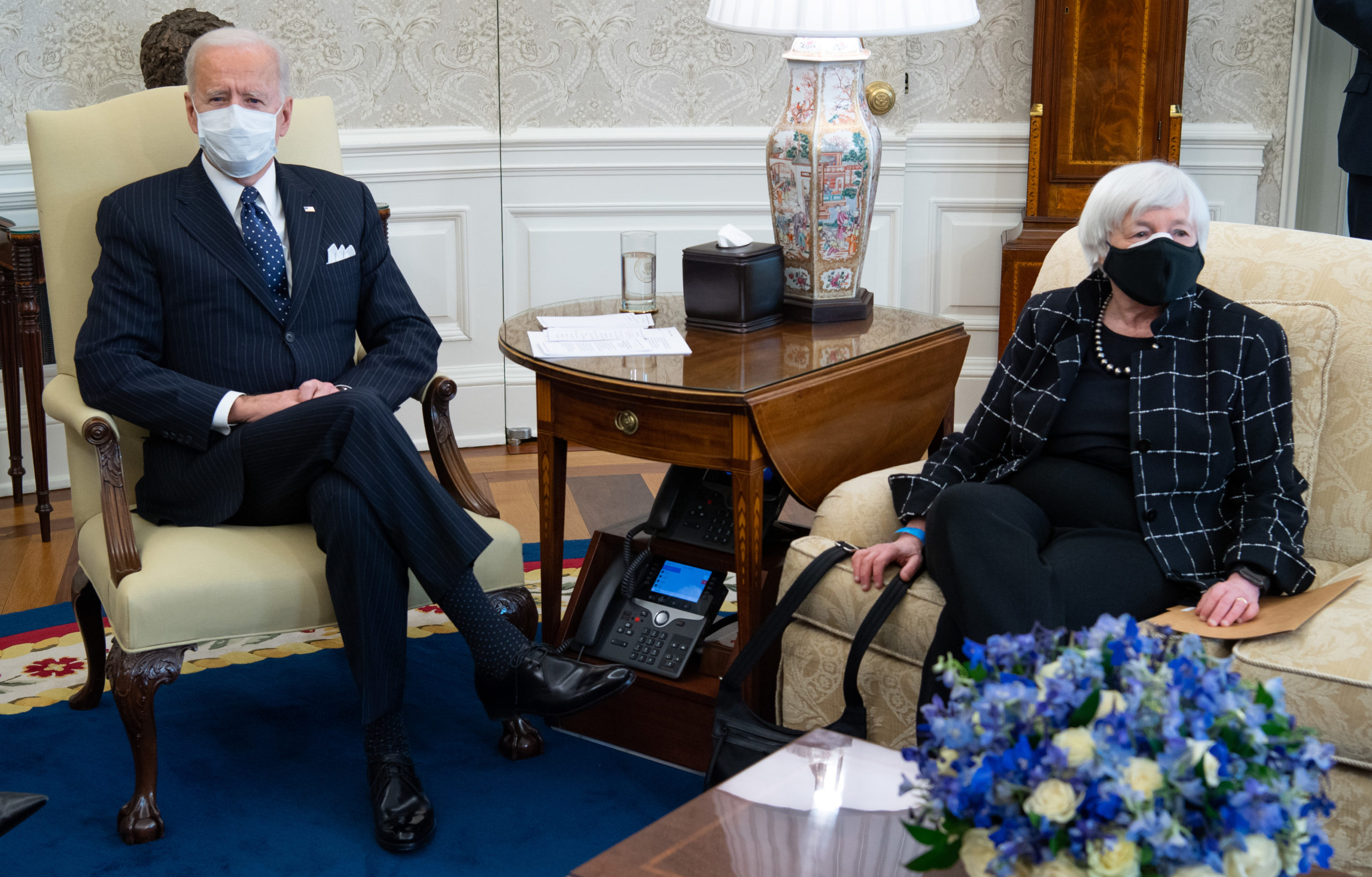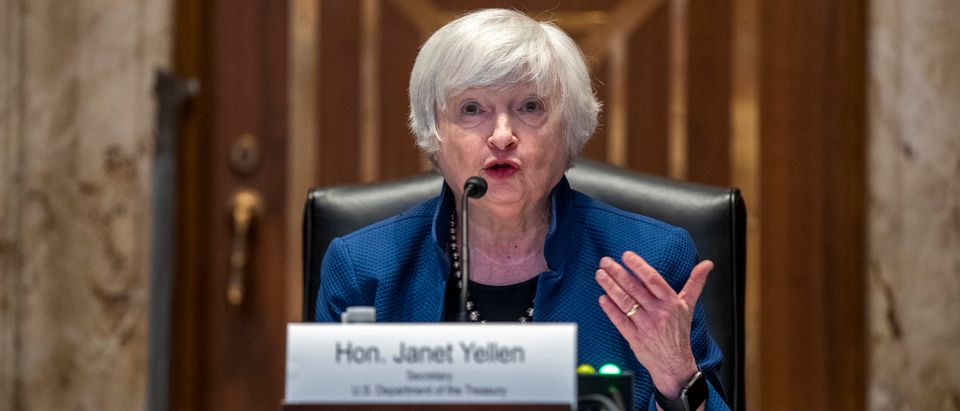The Treasury Department will conduct emergency cash-conservation measures starting Monday to avoid busting the U.S. debt ceiling after a two-year deal to suspend the federal borrowing limit lapsed at midnight Sunday.
Treasury Secretary Janet Yellen warned House Speaker Nancy Pelosi in a letter July 23 that the Treasury would invoke the “extraordinary measures” if Congress didn’t raise the debt ceiling. Yellen noted that trillions in federal spending and COVID-19 response laws made it difficult to estimate how long the Treasury would sustain its measures.
“The period of time that extraordinary measures may last is subject to considerable uncertainty due to a variety of factors, including the challenges of forecasting the payments and receipts of the U.S. government months into the future, exacerbated by the heightened uncertainty in payments and receipts related to the economic impact of the pandemic,” she wrote.
The debt ceiling prevents the Treasury from issuing new bonds once a certain limit is reached. Congress had suspended the debt limit for two years as part of a budget deal in August 2019, when the ceiling reached $22 trillion, according to Bloomberg. A new debt ceiling would include additional borrowing since, reaching $28.5 trillion according to the Congressional Budget Office. (RELATED: Government Deficit On Pace To Be Second Largest In US History)

President Joe Biden sits alongside Treasury Secretary Janet Yellen as he holds a meeting in the Oval Office of the White House February 9, 2021. (Saul Loeb/AFP via Getty Images)
Yellen’s cash-conservation measures would allow the Treasury to redeem certain investments in federal pension programs and halt new investments in order to generate revenue, CNBC reported. But payments on entitlement programs and interest on federal debt, among other things, would stop unless the federal government floats new Treasury bonds.
Economists said the measures allow the Treasury to pay off federal government obligations without accruing new debt for two to three months, CNBC reported. But Congress must raise or suspend the debt ceiling or risk the U.S. defaulting on its debt.
The federal government has never defaulted, as such a move would have far-reaching consequences for the economy. Although economists said they’re optimistic Congress will reach a deal on the debt ceiling, the prospect appears less certain in Washington.
A bipartisan group of lawmakers in the Senate are seeking to pass a trillion-dollar infrastructure bill while Democrats are considering a separate $3.5 trillion reconciliation bill later this year.
An aide to House Democratic leadership told CNBC that discussions about the ceiling are ongoing and congressional leaders do not want to risk the “full faith and credit” of the U.S. government.
President Joe Biden’s administration, on the other hand, may not get involved in discussions about the debt ceiling. A White House official told CNBC that “it is Congress’s responsibility to raise or suspend the debt limit in order to pay for the spending it has already authorized over the years.”


